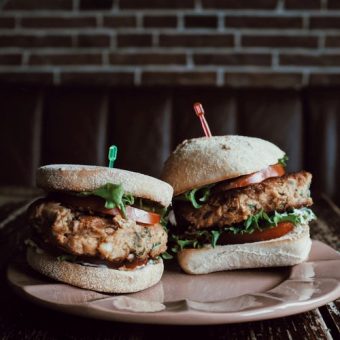The cost of bacon and sausages would double if the harm they cause to people’s health was taken into account.
Taxing red meat would save many lives and raise billions to pay for healthcare, according to new research. It found the cost of processed meat such as bacon and sausages would double if the harm they cause to people’s health was taken into account.

Governments already tax harmful products to reduce their consumption, such as sugar, alcohol and tobacco. With growing evidence of the health and environmental damage resulting from red meat, some experts now believe a “sin tax” on beef, lamb and pork is inevitable in the longer term.
The World Health Organization declared processed red meat to be a carcinogen in 2015, and unprocessed red meat such as steaks and chops to be a probable carcinogen. However, people in rich nations eat more than the recommended amount of red meat, which is also linked to heart disease, strokes and diabetes.
The new research looked at the level of tax needed to reflect the healthcare costs incurred when people eat red meat. It found that a 20% tax on unprocessed red meat and a 110% tax on the more harmful processed products across rich nations, with lower taxes in less wealthy nations, would cut annual deaths by 220,000 and raise $170bn (£130bn).
The resulting higher prices would also cut meat consumption by two portions a week – currently people in rich nations each eat one portion a day. This would lead to a $41bn saving in annual healthcare costs, the research shows.
“The results are dramatic for processed meat,” said Marco Springmann, at the University of Oxford and who led the new study. “Bacon is really one of the unhealthiest food products that is out there.”
“Nobody wants governments to tell people what they can and can’t eat,” Springmann said. But the healthcare costs incurred by eating red meat are often paid by all taxpayers, he said: “It is totally fine if you want to have [red meat], but this personal consumption decision really puts a strain on public funds. It is not about taking something away from people, it is about being fair.”
Source: The Guardian

